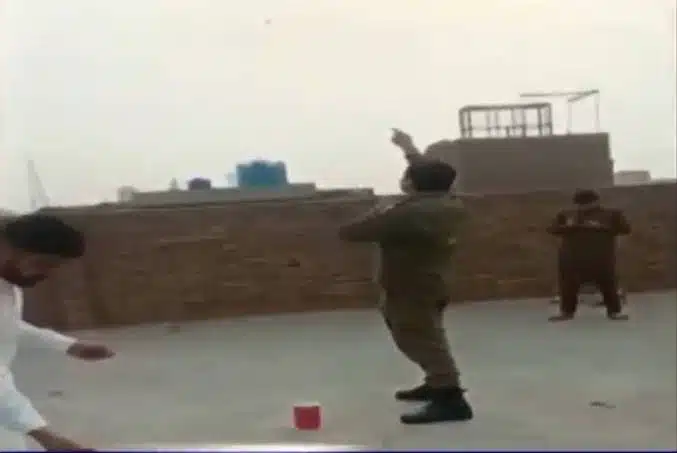The recent incident of policemen flying kites in Lahore, Pakistan, throws a spotlight on a critical issue: the importance of enforcement and accountability within law enforcement agencies. Despite a ban on kite flying, outlined in the Punjab Prohibition of Kite Flying Ordinance 2001, these policemen flying kites not only endanger public safety but also erode public trust in the very institution responsible for upholding the law.
This instance of policemen flying kites raises serious concerns. Officers entrusted with enforcing the law are themsevles flouting it. This highlights potential weaknesses in internal oversight and the prevailing culture within the police force. Are there gaps in regulation implementation?
The swift response from senior officials, including Punjab Chief Minister Maryam Nawaz, underlines the seriousness of the situation. Ordering strict action against both flying kites and kite manufacturers demonstrates a commitment to tackling the problem from its roots.
Disciplining the officers involved is crucial for maintaining accountability. By publicly addressing the incident and taking decisive action, authorities can begin to rebuild public confidence in the police force. The additional arrest of an investigation officer for taking bribes from kite string manufacturers further emphasizes the need for systemic reforms. Corruption not only hinders law enforcement but also weakens the rule of law and public trust.
To effectively address the issue of policemen flying kites and related corruption, a multifaceted approach is needed. Strengthening enforcement mechanisms, promoting transparency and ethical conduct within the police force, and raising public awareness about the dangers of kite flying are all crucial steps. Additionally, enforcing stricter penalties for violators can serve as a deterrent for future offenses.


